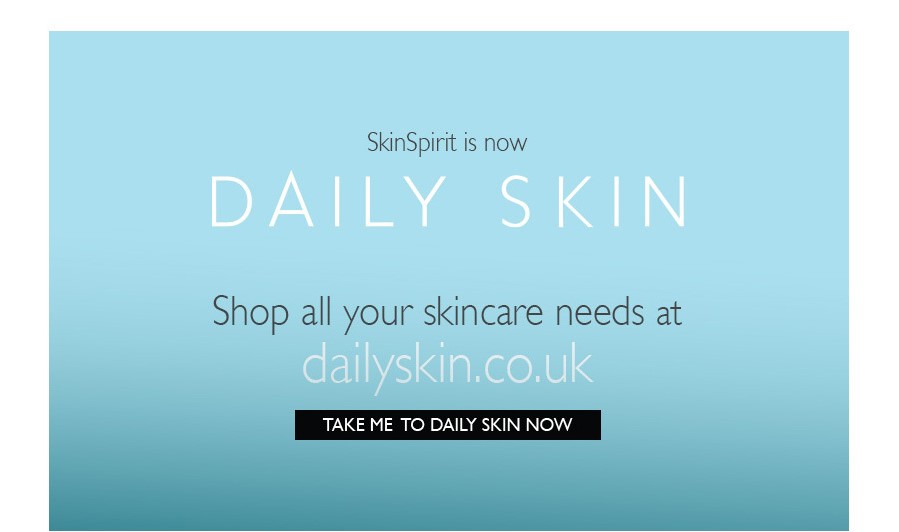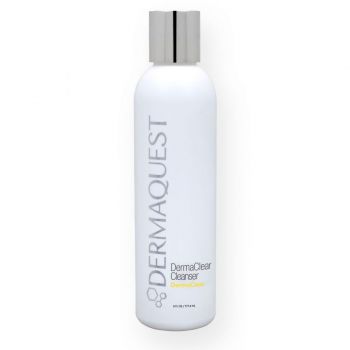If you’ve ever suffered from acne or you’re currently suffering from acne you’ll know how incredibly frustrating it can be. Acne affects a massive proportion of the UK population – 80% of 12 – 24 year olds have been plagued by this common skin concern. And it doesn’t stop there… 8% of adults between 24 and 35 years old and 3% of adults between 35 and 44 years old fail to leave behind acne in their adolescent years.
So, what is acne?
Acne manifests itself in a variety of unsightly lesions on the face and sometimes on the body. Lesions can include macules, papules, pustules, nodules and cysts – all more commonly known as spots! Certain lesions can cause varying degrees of scarring. Acne prone skin can also become congested, resulting in blackheads and blocked pores.
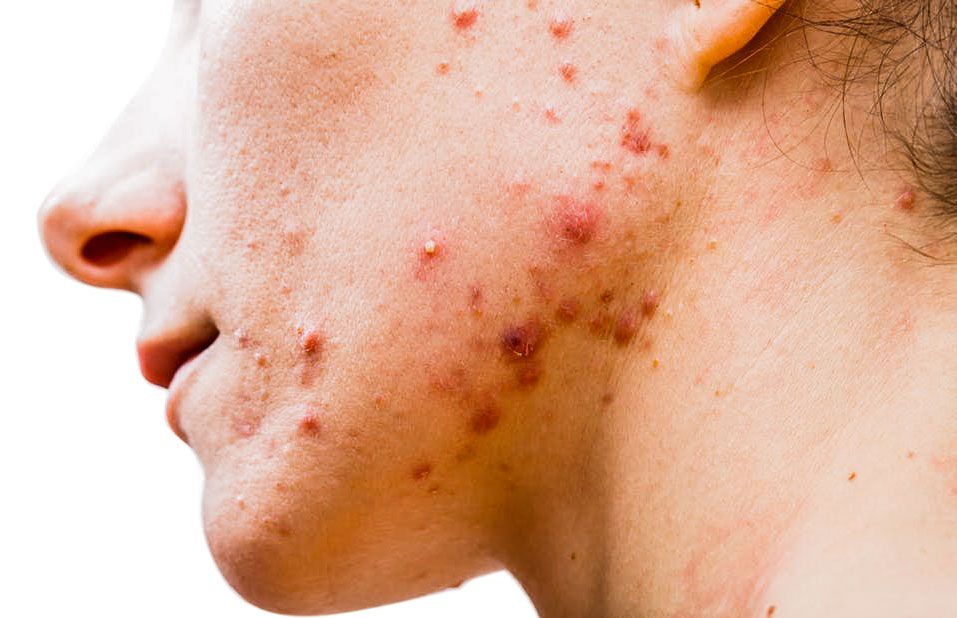
Acne is essentially an inflammatory skin disease that affects the pilo-sebacious gland. For acne to be officially diagnosed there are 4 indicators that have to be confirmed. These are evidence of increased sebum, an increase in cell turnover, a buildup of Propionibacterium (P-Acne) and inflammation of the skin. Acne can be graded into 4 categories from mild to severe.
Acne is primarily caused by hormones, specifically the androgen hormone that is stimulated during puberty. This is why acne can be more common in the adolescent years, but the hormonal changes that cause acne can happen at any age.
The imbalance of the androgen hormone can also be caused by stress, the contraceptive pill, pregnancy, the menopause and certain medications.
Sadly, acne can have knock-on psychological effects such as anxiety, depression, low self-esteem and a lack of self-confidence. It is a frustrating concern that many people find embarrassing and difficult to tackle effectively.
What are the myths about acne?
The myth that acne only occurs during the pubescent years is NOT true. Acne can affect people of all ages – both men and women.
Acne is NOT caused by poor hygiene. Often those who suffer with acne cleanse their skin thoroughly and regularly.
Acne is NOT contagious. Let’s just be clear about that…
Acne does NOT only appear on the face. It can appear on the neck, chest, back and other parts of the body.
There isn’t any scientific evidence to prove that diet can affect acne however some people find that certain food types such as dairy and fatty foods can exacerbate the condition.
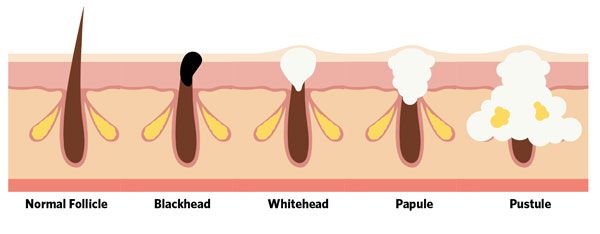
So, what can be done about acne?
It is important to note at this point that acne is highly treatable with the appropriate professional skincare products and treatments. All hope is not lost – acne can be beaten!
Due to the prevalence of acne as a skin concern, scientists, chemists and dermatologists have spent years trying to devise products and treatments that calm and cure this inflammatory skin disease. 98% of dermatologists say that acne sufferers will discontinue their acne products and treatments if they don’t see an improvement within 4 weeks.
There are numerous off the shelf and over the counter ‘spot zapping’ and ‘skin clearing’ products available, all marketed to show impressive results. This in itself is an issue that can add to people’s frustration and suffering when trying to combat acne. Switching from one unsuccessful solution to the next can anger the skin and cause further imbalances and damage.
If you suffer with severe grade 4 acne you would need to seek treatment from a dermatologist. If, however your acne is between grade 1 and grade 3, DermaQuest’s professional skincare products and treatments can help!
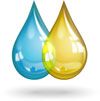
The difference between skin hydration and oil hydration…
One of the key elements of controlling acne and increasing cell turnover is understanding the difference between skin hydration and oil hydration. Oil is an essential component for the skin to remain soft and supple. However, over oily skin will play a part in the development of acne whilst a lack of skin hydration slows down skin cell turnover and restricts the skin’s natural healing process.
Hydrating your skin controls the production of oil meaning you are one step closer to acne-free skin.
For the skin cells to function properly and enable cell to cell communication the skin needs water, also known as Hyaluronic Acid. Hyaluronic Acid is naturally found in the body but the production of it starts to significantly decrease as we age. Hyaluronic Acid contributes to the plumpness and strength of the skin. This is the key component needed for the skin to heal and repair when damaged or compromised. DermaQuest currently offers three products that assist with increasing hydration levels within the skin by using the highest grade of Hyaluronic Acid. These are the Essential B5 Hydrating Serum, the Advanced B5 Hydrating Serum and the B5 Moisture Matte.
Without hydration the skin produces excess oil which increases the risk of developing acne. Without excess oil (known as sebum) acne fails to thrive!
DermaQuest DermaClear BHA Spot Treatment
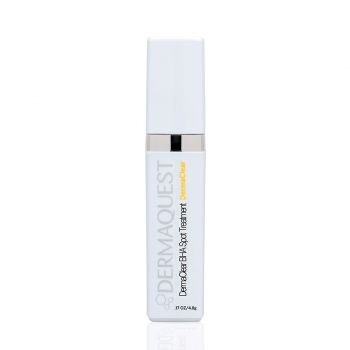 £35.00
£35.00Soothe and treat oil-causing acne blemishes with our safe, effective, and non-drying spot treatment. Target acne blemishes with the use of an oil-loving beta hydroxy: Salicylic Acid. Treat stubborn, inflamed acne lesions with this powerful 10% benzoyl peroxide spot treatment. Tarrget blemish-causing bacteria and reduce active breakouts without over-drying the skin.
DermaQuest DermaClear Pads
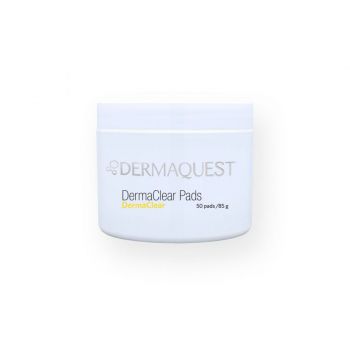 £33.00
£33.00DermaClear pads help remove impurities and excess oil from your skin. Fortified with Salicylic Acid, which penetrates the skin to reduce impactions and clogged pores, our pads are an effortless way to refresh and cleanse anywhere. Banish breakouts, ingrown hairs and temper acne with our cooling, exfoliating pads.
Out of stock
DermaQuest Acne Management Kit
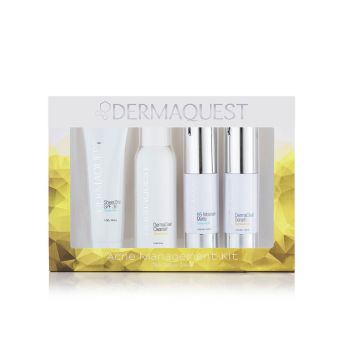 £95.85
£95.85Clear and control breakouts using the powerful combination of alpha and beta hydroxy acids to purify and exfoliate, while reducing the pore-clogging oils that can cause future blemishes. Crafted to hydrate the skin while keeping your complexion balanced and beautiful, these oil-free blends harness the anti-inflammatory power of lilac plant stem cells and other botanicals, leaving skin calm, clear and shine free for hours.
Contents:
- DermaClear Cleanser
- Essential B5 Moisture Matte
- DermaClear Serum
- SheerZinc SPF 30
Out of stock
